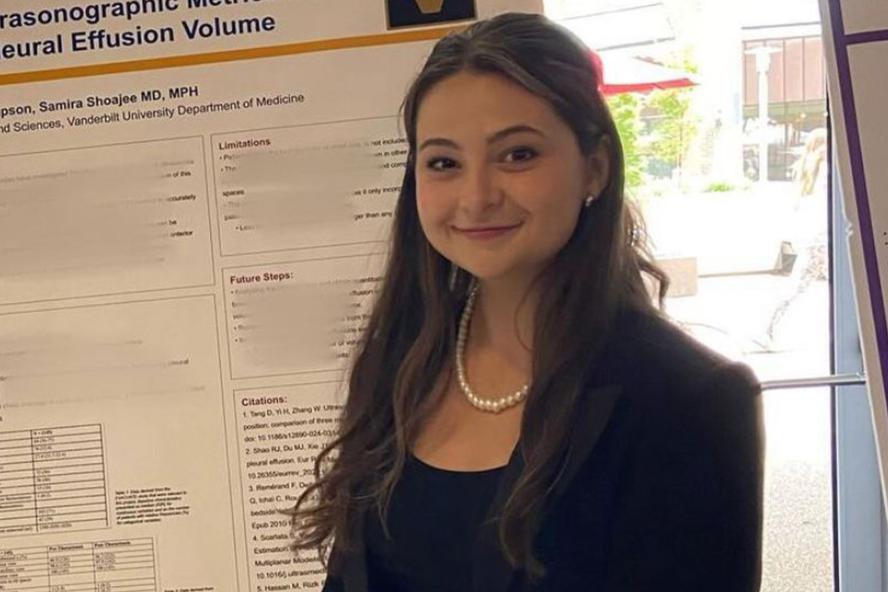Instructor Spotlight: Altea Thompson

Tell us about yourself and what inspired you to teach this course
I am a pre-med student with an interest in the intersection of technology, ethics, and human compassion in medicine. What inspired me to teach this course is my concurrent excitement and apprehension when thinking about the rapid advances in healthcare technology. These tools have undeniable potential, but at the same time they pose serious ethical questions about the roles of our future physicians and researchers. My intention to teach this course comes from a personal need to explore these questions and from my own admiration of the Experimental College, where I encountered the joy of learning free from the pressures of a letter grade when I was a first-year. Overall, I wanted to create a space where students could think deeply and critically about the future of healthcare and its impact on humanity—because ultimately, we are shaping that future.
What’s an example of a challenging area when it comes to innovation and the impact on humanity?
I believe a particularly challenging instance of this lies in our potential to integrate artificial intelligence into healthcare, especially when it comes to making critical decisions. AI holds the potential to revolutionize diagnostic accuracy, but it simultaneously raises concerns about the depersonalization of care. It may be difficult to ensure that, as AI becomes more ingrained in healthcare, we don’t lose sight of the deeply human elements of medicine that cannot be replicated by technology.
What piece of advice do you have for Tufts students who aspire to go into science?
I would say that my biggest piece of advice would be to embrace the nuances that come with science, not just in terms of technical skills, but also in understanding the ethical and human implications of your work. Science isn’t just about solving problems or making discoveries; it’s about considering the broader impact of that work, individually, socially, and culturally. We cannot lose sight of the fact that while science can give us the power to do incredible things, it’s our responsibility to wield that power with humility and compassion. So with that, be open to the conversations that challenge you—those are the ones that will shape you the most.
What do you hope that students will take away from your course?
More than anything, I want students to walk away with a deeper understanding of the moral nuances that lie at the intersection of innovation and humanity in healthcare. I want them to leave feeling not just more informed about the technological advancements reshaping medicine but more empowered to think critically and ethically about those advancements.
What is something coming up in your course that you are excited about?
I am especially excited to discuss the ethical dimensions of CRISPR and gene-editing. We’ll be discussing the technology’s potential not just to alter the lives of individuals, but to shape the future of entire generations. This topic, in my opinion, gets to the heart of the course: it forces us to consider the far-reaching consequences of advanced technology and to ask ourselves what world we want to live in. It’s a charged subject that I hope will lead to some fruitful discussion in class.
Altea Thompson (she/her) is a senior majoring in Mathematics, and minoring in Biotechnology. She is currently on the Pre-Medical Track.